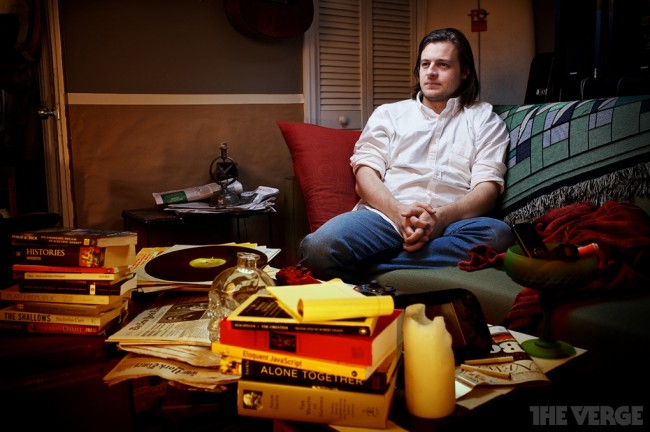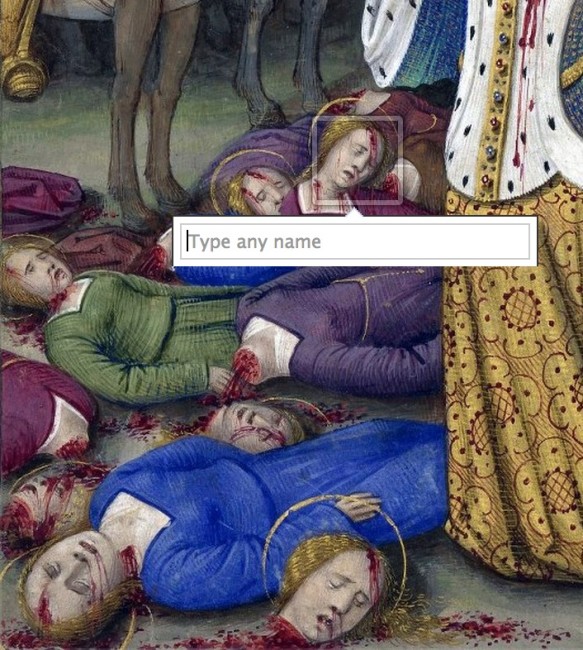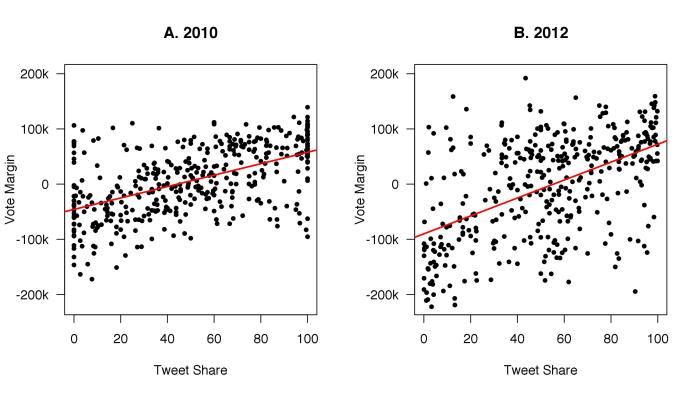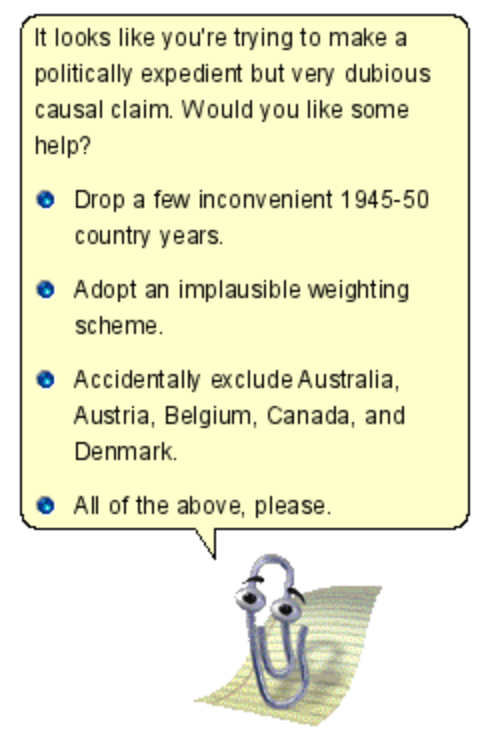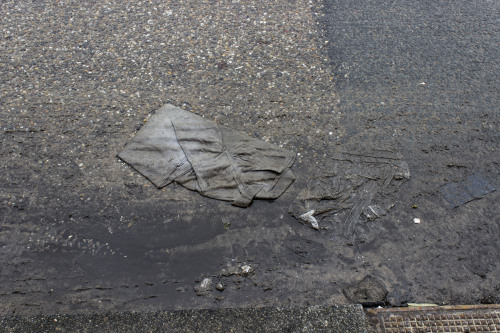Shared posts
Dan Witz “Mosh Pits”. Luci e ombre delle masse alla ricerca dell’uomo.
Forgot Your Password?
Forgot your password?
Aram Bartholl
2013
4.7 million LinkedIn clear text user passwords printed in alphabetical order in eight books (21 x 27 cm, ca. 800 pages each) shown at
Brand Innovations for Ubiquitous Authorship
A group exhibition stolen by Eva and Franco Mattes
at Carroll / Fletcher, 23 April – 11 May 2013
Science as Hustle and Bustle (2)
Truth is replaced by Useful Knowledge;
He pays particular
Attention to Commercial Thought,
Public Relations, Hygiene, Sport,
In his curricula.
W.H. Auden
One of the most disturbing trends these days is the ease with which the university is getting "incorporated" into broader society, which is in turn fixated on "economic growth". It seems as though the only recognized limits to growth are environmental, whether in terms of resources or pollution. (If you really think they constrain corporate decision-making you might add political concerns like human rights.) The idea that "the truth" might also constrain human organization seems not to be considered. Indeed, the assumption seems to be that truth itself must be subordinated to the larger social project. This is what the rise of the corporate state means for the university. The pursuit of truth becomes a means to an end, not an end in itself.
"Whatever satisfies the soul is truth," said Walt Whitman many years ago. One way to institutionalize this insight is to ensure that there are places in society where individuals are free to satisfy their curiosity. That is what "higher learning" was supposed to be. If you want to know how life works, you have to provide a setting in which biologists can satisfy their own curiosity, not one in which they can find the cures that pharmaceutical companies can profit from selling. If you want to know what physical matter is made of, you need to let physicists satisfy their curiosity about it, not get them to make a you a bigger bomb than your enemy.
That's not to say we don't need cures and bombs. (I'm willing to discuss these things.) It's just that we also need to satisfy our curiosity. We need to make things work, yes, but we also need to know the truth, and the pursuit of truth is only that if its not subordinated to other ends. If it is organized on some other logic, it stops being what it is. Once we granted that policy makers and business leaders knew enough about knowledge to organize our universities, I fear, we gave up on one of the central projects of civilization.
Knowledge is in danger of no longer being a valued for what it is: a state of mind, a condition of the human spirit. And knowers are accordingly becoming merely another class of "professionals" whose dignity depends not on the clarity of their thinking, but the "incisiveness", as Heidegger put it, of their "ongoing activities".
T.S. Eliot once warned against a sense of tradition that demands at once too much and too little work on the part of poets.
While, however, we persist in believing that a poet ought to know as much as will not encroach upon his necessary receptivity and necessary laziness, it is not desirable to confine knowledge to whatever can be put into a useful shape for examinations, drawing-rooms, or the still more pretentious modes of publicity.
In these entrepreneurial times, it is almost impossible to articulate the possibility that our society will be worse off if we do not have a place where sensitive, intelligent but not very effectual people can cultivate their interests, follow their inclinations. Clearly, the current trend is to conceive of knowledge as that which can be examined and finally published—something that can be "produced", manufactured. The universities are becoming just another place for ambitious, "highly motivated" people to succeed. The importance of not encroaching on that particular form of laziness that is also a kind of receptivity escapes us, it seems.
The state currently reserves the right to keep people busy. It really should consider the value of letting them think.
Überseedorf vom 17. bis 25. Mai 2013 – Vorträge, Diskussionen und Workshops mit der ZZZ
Ende Mai entsteht in der Überseestadt das "Unterseedorf" – ein Festival des Zuckernetzwerkes – mit Unterstützung der ZZZ. Das Programm wird die Vielfalt des Netzwerkes durch ein Zusammenspiel aus Lichtinstallationen, Straßenkunst, Skulpturen, Barbereich, Ruhezonen, Workshopspaces, Bühnen für Musiker_innen und Tanzbereiche widerspiegeln. In diesem Rahmen findet in Zusammenarbeit zwischen Zuckerwerk und der ZZZ – ZwischenZeitZentrale Bremen ein Diskussionsabend und ein Workshopnachmittag statt. Weitere Infos und das gesamte Programm findet sich unter: www.unterseedorf.zuckerwerk.org
Samstag 18. Mai 2013 ab 15:00 Uhr: Brachland Wissen
Nach kurzen Impulsstatements wollen wir mit euch in eine Diskussion über DIY, Sharing und Konsumverhalten einsteigen, Ideen entwickeln und austauschen. Ziel kann es sein, ein Netzwerk zum Wissens- und Könnensaustausch in Bremen zu installieren.
Samstag 18. Mai ab 19:00 Uhr: Raum und Kultur - Kultur und Stadt
Kulturschaffende sind vielerorts auf der Suche nach günstigen Räumen für Kulturprojekte. Gleichzeitig stehen in Städten zahlreiche Gebäude leer. Doch beides findet nur schwer zusammen - trotz des Bedeutungsgewinnes von Kultur für die Stadtentwicklung und Stadtimageproduktion. Vor diesem Hintergrund werden verschiedene Taktiken kultureller Raumaneignungen anhand von Erfahrungsberichten vorgestellt und hinterfragt. Ein besonderes Augenmerk liegt auf der Gefahr von Instrumentalisierungen und dauerhaft prekären Arbeitsverhältnissen.
Samstag 18. Mai 2013 ab 20:00 Uhr: Musik als Kulturgut - Musik als Ware
Der Beitrag setzt sich mit der Förderungswürdigkeit von Musik und Kultur auseinander. Subkultur wird dabei im Spannungsfeld von geförderter und markorientierte Kultur verortet und ihr Selbstverständnis hinterfragt: Wie macht sich die heurige und hiesige Kultur verwertbar? Wie begreift sich Subkultur darin? Im Kontext der Subkultur wird des Weiteren der Mythos des freien selbstbestimmten Menschen als Produkt neoliberaler Bio-Politik thematisiert.
Sonntag 19. Mai 2013 ab 15 Uhr: Selbstausbeutung, Prekarisierung und „Subkultur"
Gesicherter Lebensunterhalt und genug Zeit fürs Projekt? Für viele Kulturschaffende ist das nur schwer vereinbar. Nach etlichen Stunden Lohnarbeit fehlen oft Zeit und Energie für das schöne Leben. Ohne dass mensch sich finanziell ausbeutet, scheint „Subkultur" nicht zu funktionieren. Oder doch? In welchem Verhältnis stehen Selbstausbeutung und Freiheitsdrang? Sind prekär arbeitende Kulturschaffende Prototypen für einen neoliberalen Arbeitsmarkt? Wer profitiert von „Subkultur"? Warum das Thema in diesen Zeiten so aktuell ist und was das mit uns allen zu tun hat, wollen wir mit euch gemeinsam herausfinden.
Samstag 25. Mai 2013 ab 12:00 bis 16:00 Uhr: Workshopnachmittag
Vom Freiluftrave über Zwischennutzungen zur Do-It-Yourself-Projektentwicklung - beim Organisieren solcher Projekte stellen sich immer wieder die selben Fragen: Wie finde ich geeignete Räume oder Flächen? Wie verhandle ich mit Eigentümer_innen? Welche Genehmigungen brauche ich und wie bekomme ich sie? Wie schütze ich mich vor Überlastung? Und wie kann ich internen Konflikten vorbeugen? Gemeinsam möchten wir Erfahrungen austauschen und einen Handlungsleitfaden erarbeiten.
Workshop 1 (ZZZ, second hand spaces / Berlin): Räume finden und Nutzungskonditionen aushandeln - über die Ortssuche, Informationsquellen, Kontaktaufnahme, Überzeugungsarbeit und Rahmenbedingungen von A wie Aufspüren bis Z wie Zusammenkommen.
Workshop 2 (ZZZ, AAA, second hand spaces / Bremen): Gemeinschaften und Netzwerke aufbauen - Wie kann Gemeinschaft in Zeiten einer sich ausufernden, digitalisierten Gesellschaft binden und sich finden? Private Broker oder persönlicher Freund für alle Belange?
Workshop 3 (IG Kultur Wien - Interessengemeinschaft und -vertretung der freien und autonomen KulturarbeiterInnen in Wien, CIT-Collective - a crossdiciplinary initiative for urban commons): Strategien der Aneignung - Kulturarbeit & (autonome) Stadtentwicklung zwischen Lobbyarbeit und Besetzungsutopien
Adresse: Ecke Konsul-Smidt-Straße / Überseetor in der Überseestadt
Anfahrt mit dem ÖPNV: Linie 20 Haltestelle „Überseetor" oder Linie 3 Haltestelle „Waller Ring"
Hyper Current Living

“Hyper Current Living is a performance by Ryder Ripps in which he “lives” and “works” at Red Bull Music Academy between April 28th and May 5th 2013 – he’ll be drinking Red Bull and creating digital stuff at hyper speed. In the stream, our output is valued by its proliferation and its likes and favs – what incentive is there to spend 4 years writing a novel if it will just be a link in a stream lasting a few hours? The piece brings this trait into light by designating a time and space to the creation of such fragmented, short interactions native to social media.”
Minibar029 – Adsum – Efemore EP
741this is such an excellent release.
A1- Adsum – Miradores
B1- Adsum – Efemore
- Distributed by wordandsound
- Manufactured by Optimal
- Release date: 25th March 2013
- Get the 12″ on Decks.de, Juno.co.uk, Digital on 25/4/2013 WhatPeoplePlay
Heavily infuenced by the early works of Zoltar, Adsum got into electronic music at an early age.
Then some years ago, when he had to move to earth, things got more serious. Spending his time between loops he learned their language, being able to blend in like one of them.
So here we go… This release represent just a friendly hallo to our listeners.
Dokumentarfilm über Rassismus in Griechenland
Going offline. And coming back
This is one of the most inspiring readings I ever did. Seriously.
Paul Miller went completely offline for a year and he finally discovered that blaming the web for our vices and our poor decisions about life just isn’t the right way to go.
I’m pasting a couple of quotes, but you should read the whole thing, because it’s richer and more complex than that.
“By late 2012, I’d learned how to make a new style of wrong choices off the internet. I abandoned my positive offline habits, and discovered new offline vices. Instead of taking boredom and lack of stimulation and turning them into learning and creativity, I turned toward passive consumption and social retreat.”
“I’d read enough blog posts and magazine articles and books about how the internet makes us lonely, or stupid, or lonely and stupid, that I’d begun to believe them. I wanted to figure out what the internet was “doing to me,” so I could fight back. But the internet isn’t an individual pursuit, it’s something we do with each other. The internet is where people are.”
Martin Kippenberger Martin, Into the Corner, You Should Be...
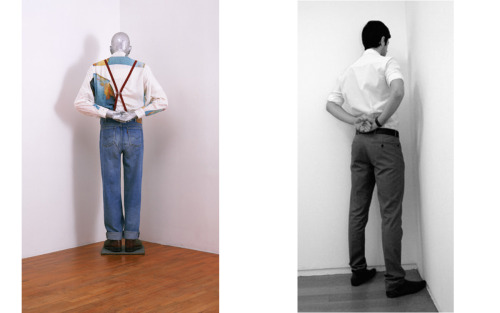
Martin Kippenberger Martin, Into the Corner, You Should Be Ashamed of Yourself :: Santiago Sierra Veteran of the Wars of Afghanistan and Iraq Facing the Corner
I secretly think reality exists so we can speculate about it





 More trees on BDiF
Folkert
More trees on BDiF
Folkert
more tweets, more votes: social media as a quantitative indicator of political behavior
Unit of analysis: US House elections in 2010 and 2012. X-Axis: (# of tweets mentioning the GOP candidate)/(# of tweets mentioning either major party candidate). Y-axis: GOP margin of victory.
I have a new working paper with Joe DiGrazia*, Karissa McKelvey and Johan Bollen asking if social media data actually forecasts offline behavior. The abstract:
Is social media a valid indicator of political behavior? We answer this question using a random sample of 537,231,508 tweets from August 1 to November 1, 2010 and data from 406 competitive U.S. congressional elections provided by the Federal Election Commission. Our results show that the percentage of Republican-candidate name mentions correlates with the Republican vote margin in the subsequent election. This finding persists even when controlling for incumbency, district partisanship, media coverage of the race, time, and demographic variables such as the district’s racial and gender composition. With over 500 million active users in 2012, Twitter now represents a new frontier for the study of human behavior. This research provides a framework for incorporating this emerging medium into the computational social science toolkit.
The working paper (short!) is here. I’d appreciate your comments.
Adverts: From Black Power/Grad Skool Rulz
* Yes, he’ll be in the market in the Fall.
Alle nach Weyhe!
Neonazi-Demonstration am 11. Mai 2013 in Kirchweyhe Weyhe/Bremen. „Worchs Wanderzirkus“ kommt wieder nach Kirchweyhe:
Christian Worch will gemeinsam mit seinen KameradInnen von der Partei „Die Rechte“ am 11. Mai 2013 durch Kirchweyhe marschieren. Motto der Veranstaltung: „Für die Umbenennung des Bahnhofsvorplatzes in Daniel-Siefert-Plart“.
Unser Beitrag zur vergangenen Worch-Demo: http://bremer-schattenbericht.com/2013/03/25/rassekrieg-in-kirchweyhe/
checkt: bremer- schattenbericht
Theorizing Agency in Hobbes's Wake: The Rational Actor, the Self, or the Speaking Subject?
741lacan has finally entered the constructivist mainstream in international relations.
| Research Articles Charlotte Epstein, International Organization, Volume 67 Issue 02, pp 287-316 Abstract |

|
Bitcoin: the perfect bubble
Over at the National Interest, I have a piece arguing that Bitcoin is a more perfect example of a bubble, and therefore a more perfect refutation of the Efficient Markets Hypothesis, than anything seen previously. Key quote
It beats the classic historical example, produced during the 18th century South Sea Bubble of “a company for carrying out an undertaking of great advantage, but nobody to know what it is.” After all, the promoter of this enterprise might, in principle, have had a genuine secret plan. Bitcoin also outmatches Ponzi schemes, which rely on the claim that the issuer is undertaking some kind of financial arbitrage (the original Ponzi scheme was supposed to involve postal orders). The closest parallel is the fictitious dotcom company imagined in Garry Trudeau’s Doonesbury, whose only product was its own stock.
20 Jahre NCSA Mosaic

Heute vor 20 Jahren, am 21. April 1993, schrieb Marc Andreesen auf der Mailing-Liste www-talk:
»Version 1.0 of NCSA Mosaic for the X Window System, a networked information systems and World Wide Web browser, is hereby released.«
Mosaic war nicht der erste Web-Browser der Grafiken »inline« darstellen konnte (das waren Erwise und Viola), aber der erste grafische Browser der auf den »Jedermann-Computern« jener Zeit (sprich, Windows und Macs) installiert werden konnte.
Den historischen Mosaic-Browser kann man übrigens noch immer downloaden und installieren (Windows ist in seinen Strukturen alt genug dass ein Download von 1997(!) problemlos installiert werden kann).
1994 wurden die kommerziellen Rechte an Mosaic vom NCSA einer Firma übergeben, die diese an Microsoft weiterverkaufte. Microsoft entwickelte auf der Basis von Mosaic die ersten Versionen des »Werkzeug des Teufels«, dem berüchtigten Internet Explorer. Im gleichen Jahr verließ Mosaic-Entwickler Marc Andreesen das NCSA und gründete mit einigen anderen Netscape, die dann ja auch einen recht bekannten Browser herausgaben. ;-) So haben beide Fronten des ersten großen Browserkriegs »Netscape vs. Internet Explorer« ihre Ursprünge im selben Projekt.
The Metropolis strives to reach a mythical point where the world is completely fabricated by man, so that it absolutely coincides with his desires










 Related posts:
A hyperdensity of private meanings
An anti-functional accumulation of atavistic monuments
Folkert
Related posts:
A hyperdensity of private meanings
An anti-functional accumulation of atavistic monuments
Folkert
Streik
741sounds a bit megalomaniac to me, but whatever works.
»In a similar way, the more the modern society urges us to attain autonomy and independence in our search for fulfilment, the more resistance will take the form of the exact opposite of these values. It puts misery in the midst of plenty. Depression is thus a way of saying NO to what we are told to be.« (Darian Leader: The New Black. Mourning, Melancholia and Depression)
»Wir sind nicht deprimiert, wir streiken.« (Comité invisible)
The DRM Chair
“The DRM Chair has only a limited number of use before it self-destructs. The number of use was set to 8, so everyone could sit down and enjoy a single time the chair.
A small sensor detects when someone sits and decrements a counter. Every time someone sits up, the chair knocks a number of time to signal how many uses are left. When reaching zero, the self-destruct system is turned on and the structural joints of the chair are melted.”








